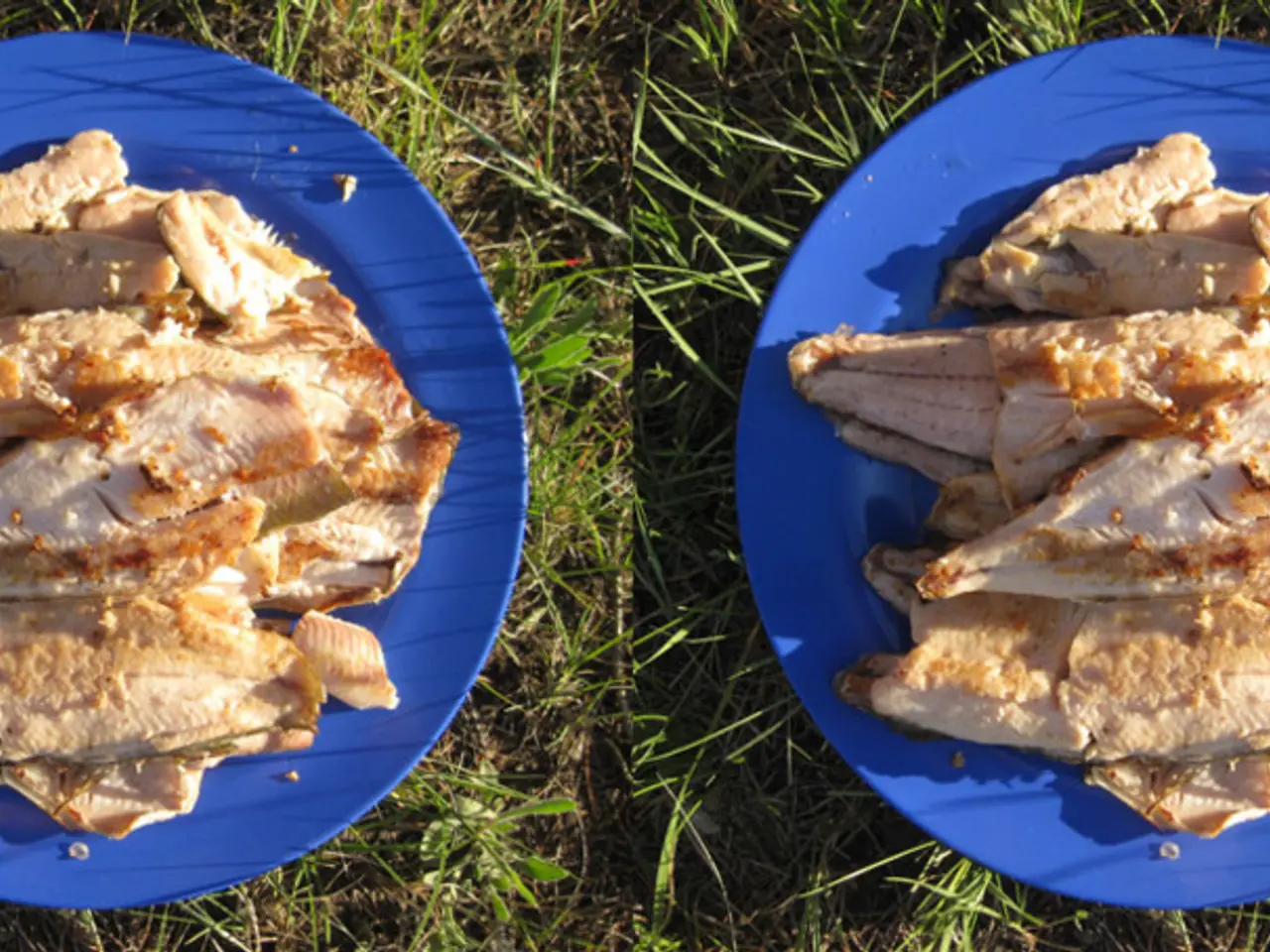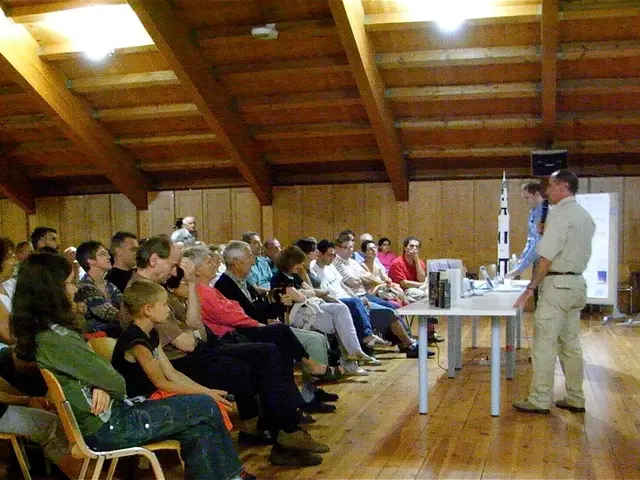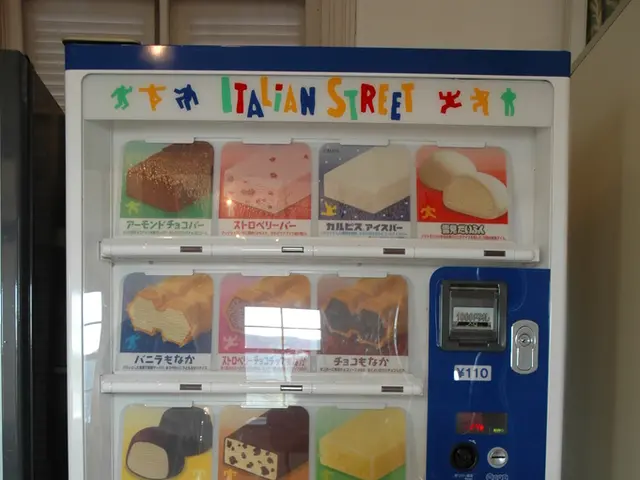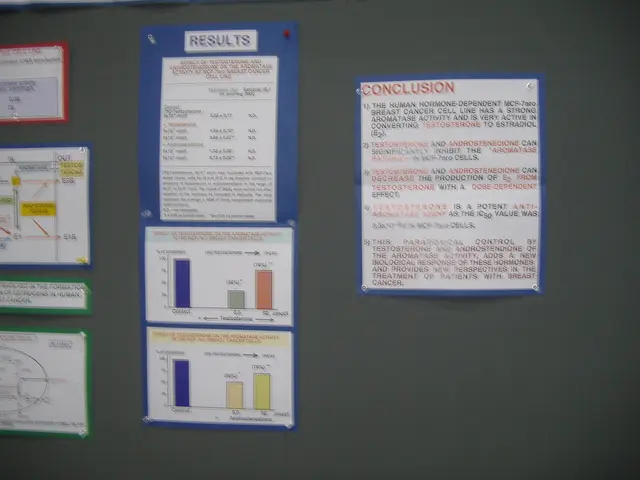Decline in Argentine Beef Stock Leads to 800,000 Fewer Births Among Women
The Argentine meat sector is currently grappling with a series of challenges, both in terms of market conditions and production. Mario Ravettino, the President of the Argentine Meat Exporters' Consortium (ABC), has identified a lack of heavy steers for export as the main domestic problem.
Negotiations are underway to expand the 20,000-ton quota for meat exports to the US, but the current status of these negotiations remains unclear. Progress has been made with Japan, however, for the expansion of beef exports, with Japan looking to expand its access to the rest of Argentina, especially for the purchase of beef tongue.
Ravettino has proposed that Argentina should reduce its dependence on China and diversify markets. Currently, 70-75% of Argentine meat exports are shipped to China, and the leader of the ABC has expressed concern about the decreasing cattle population, stating that it is what worries him the most. He has pointed out that reducing the average weight of slaughtered animals would further reduce production, which is not beneficial for competition with countries like Uruguay, Brazil, or Australia.
The need to activate a sanitary protocol that allows the export of offal to China is highlighted. The technical and sanitary aspect for exporting offal to China is completed, but a political decision is missing. The potential additional revenues from exporting offal to China are over 110 million dollars.
The increase in US tariffs on Brazilian beef could potentially favor Argentina, but Brazil is expected to redirect its exports to China, which could put downward pressure on prices and complicate Argentina's efforts to diversify its markets. Ravettino did not mention any specific plans to increase the number of heavy steers for export.
The exact duration until sanitary protocols between Argentina and China are initiated or signed and exports of offal to China can start is not specified. Generally, such protocols depend on bilateral negotiations and regulatory approvals, which can vary widely in time.
The leader of the ABC, Mario Ravettino, has stated that there are 800,000 fewer mothers in the cattle population, which is causing the stock to decrease. He warned that this situation could exacerbate if the release of the minimum slaughter weight is implemented.
The article does not provide information about the impact of the lack of heavy steers on meat exports or the overall meat sector in Argentina, the impact of the decreasing cattle population on the market, the role of females in livestock, or Brazil redirecting its beef exports to Oceania. It also does not provide information about China buying more soybeans in Argentina and Uruguay.
In conclusion, the Argentine meat sector is facing significant challenges, with a lack of heavy steers for export being a major concern. Efforts are being made to diversify markets and expand exports, but the dependence on China remains high. The activation of a sanitary protocol for offal exports to China could potentially bring significant additional revenues, but the timeline for this remains uncertain.








